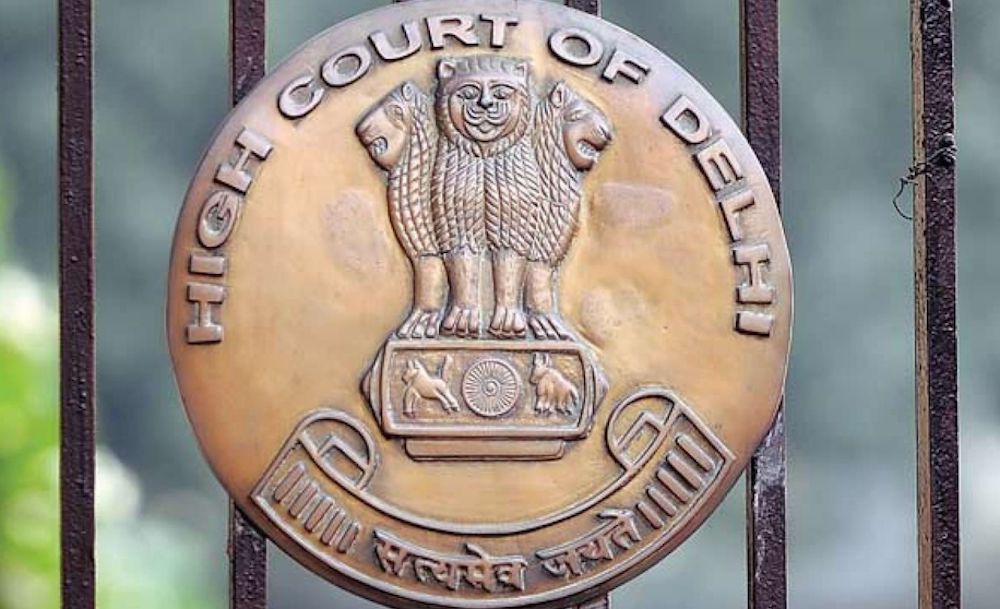Aastha Thakur
Published on: 16 September 2022 at 21:36 IST
Jamiat Ulama-i-Hind has petitioned the Delhi High Court to oppose a public interest lawsuit brought by BJP politician and attorney Ashwini Kumar Upadhyay that questions the constitutionality of certain Waqf Act, 1995 clauses.
Today, a division bench made up of Chief Justice Satish Chandra Sharma and Justice Subramonium Prasad served notice on the respondents in the impleadment case and requested their responses. The matter was then set for hearing on November 4 at the predetermined time.
The Central Waqf Council received notification from the Court as well.
The PIL is not maintainable and is likely to be dismissed with exceptional costs, according to the impleadment application.
The Application reads, “It is argued that rather than being equal pillars of the independent, socialist, secular, democratic republic of India, the current Writ Petition’s requests appear to imply that the Legislature and Judiciary are subordinate to one another. It goes without saying that the notion of separation of powers has been upheld as a fundamental component of the Indian Constitution by Hon’ble State of Kerala v. Kesavananda Bharati Sripadagalvaru and Ors.,”
The application further asserts that the PIL disregards the fact that the issue pertains not only to the Central List of the Indian Constitution but also to the Concurrent List, under which the States have the authority to regulate the Waqf issue through legislative, executive, and administrative measures.
Further it is said in the application that, “It goes without saying that if any order is made by this Hon’ble Court regarding the prayers a to d, all of the States Waqf Boards (custodians of Waqf Properties) located in various states are bound to be affected. This is especially true if any order is made without their participation in the current proceedings. “
“Therefore, it is essential that the next steps be taken at this time. Given that the Petitioner has not included all relevant persons as appropriate and required parties to the current proceedings, it is essential at this point to halt further proceedings in the issue and return the Petition to the Petitioner.”
It has thus been asked that the PIL be rejected with steep penalties.
Upadhyay objected to the proposal for inclusion because he believed that Jamiat Ulama-i-Hind was a separatist group that supported practises like triple talaq and polygamy. He has requested a standard legislation in his PIL for Religious Endowments and Institutions, Charities, and Trusts and Trustees, thereby challenging the vires of sec. 4, 5, 6, 7, 8, 9, 14 of the Waqf Act, 1995 as being manifestly arbitrary and irrational.
It also requests guidance on how to create, in the spirit of Articles 14 and 15, a “Uniform Code for Trust-Trustees and Charities-Charitable Institutions” and publish it for public comment and debate.
The argument makes the claim that while the Waqf Act of 1995 contains rules for administering waqf properties, there are no equivalent regulations in place for adherents of Hinduism, Buddhism, Jainism, Sikhism, Judaism, Baha’i, Zoroastrianism, or Christianity. Therefore, the argument continues, it is against the nation’s secularism, unity, and integrity.
In April of this year, notice of the PIL was published.

